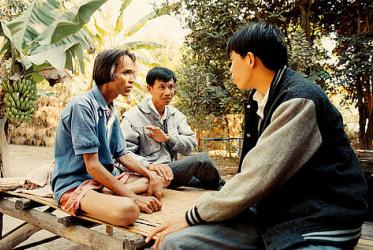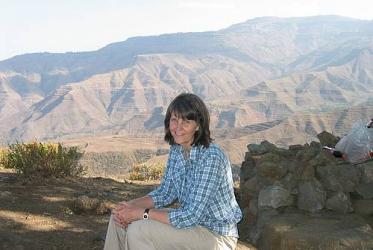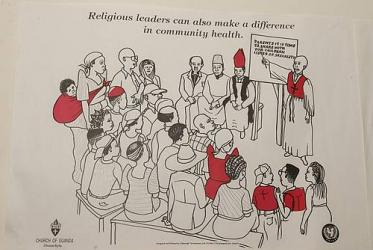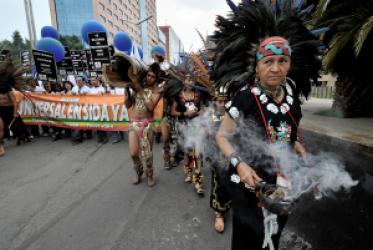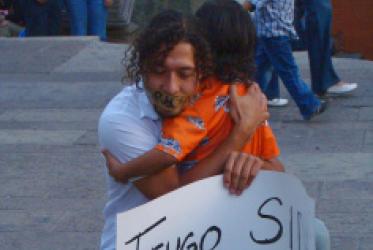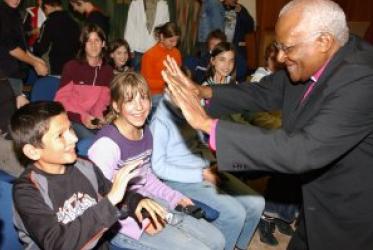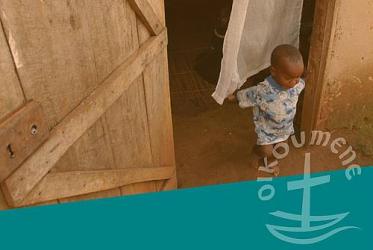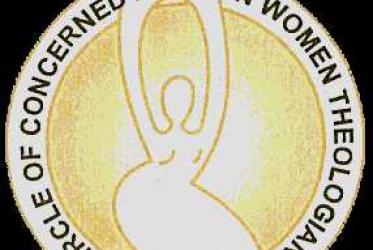Displaying 461 - 479 of 479
WCC's HIV work reaches quarter-century mark
30 June 2011
Building AIDS-competent churches in Southern Africa
23 June 2011
Books key to the battle against HIV and AIDS in Africa
23 February 2011
“They have no wine”
30 November 2010
Putting faith at work to halt the spread of HIV
24 March 2010
WCC concerned about anti-homosexual bill in Uganda
22 December 2009
Strong ecumenical women's presence at UN event
03 March 2009
20 years of World AIDS Day is time for faiths to "take stock"
28 November 2008
Global campaign to promote "HIV-competent" churches
06 August 2008
HIV/AIDS: "We can't be silent"
19 February 2008
Ambassadors of hope
18 February 2008
African women theologians address children issues
04 September 2007

